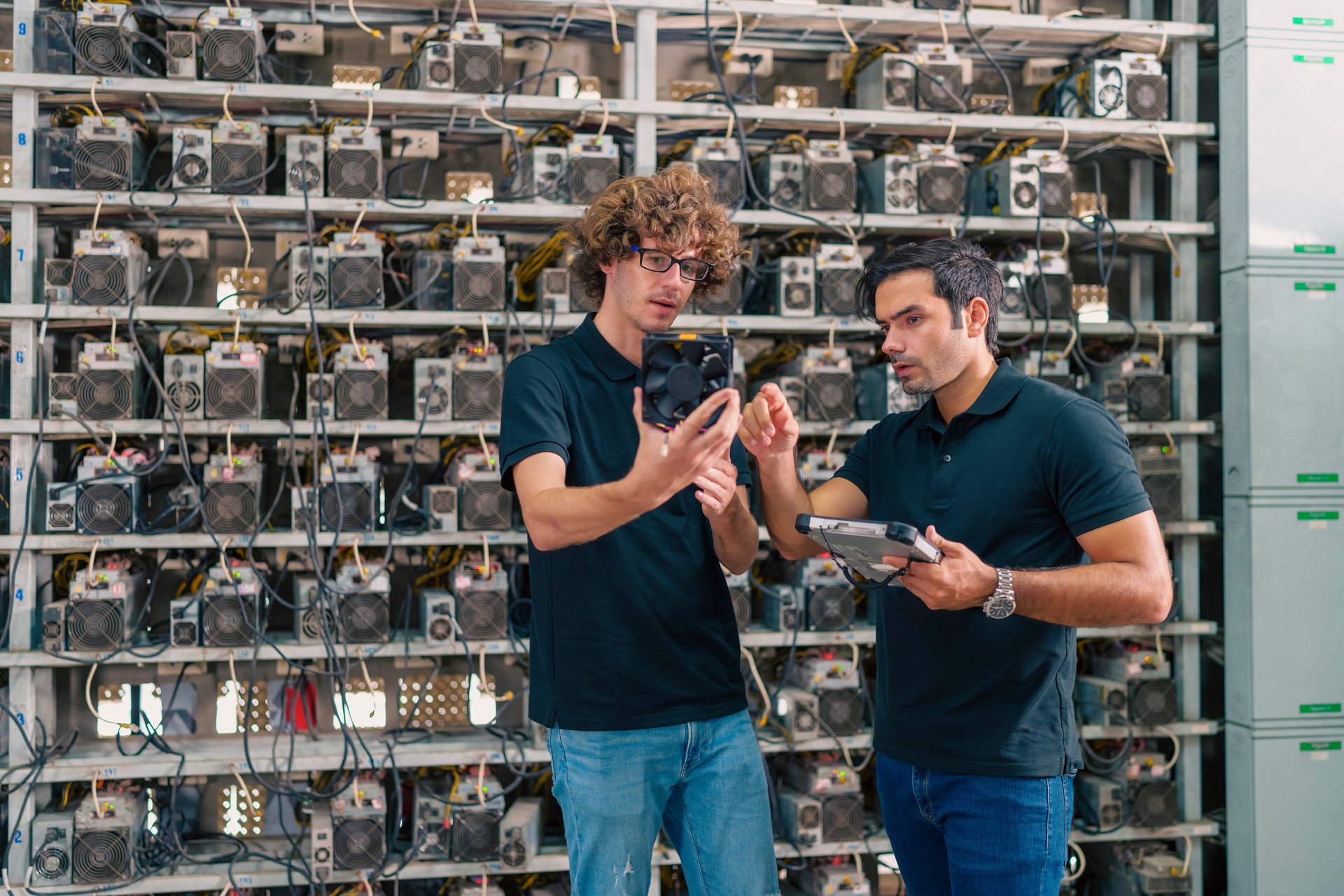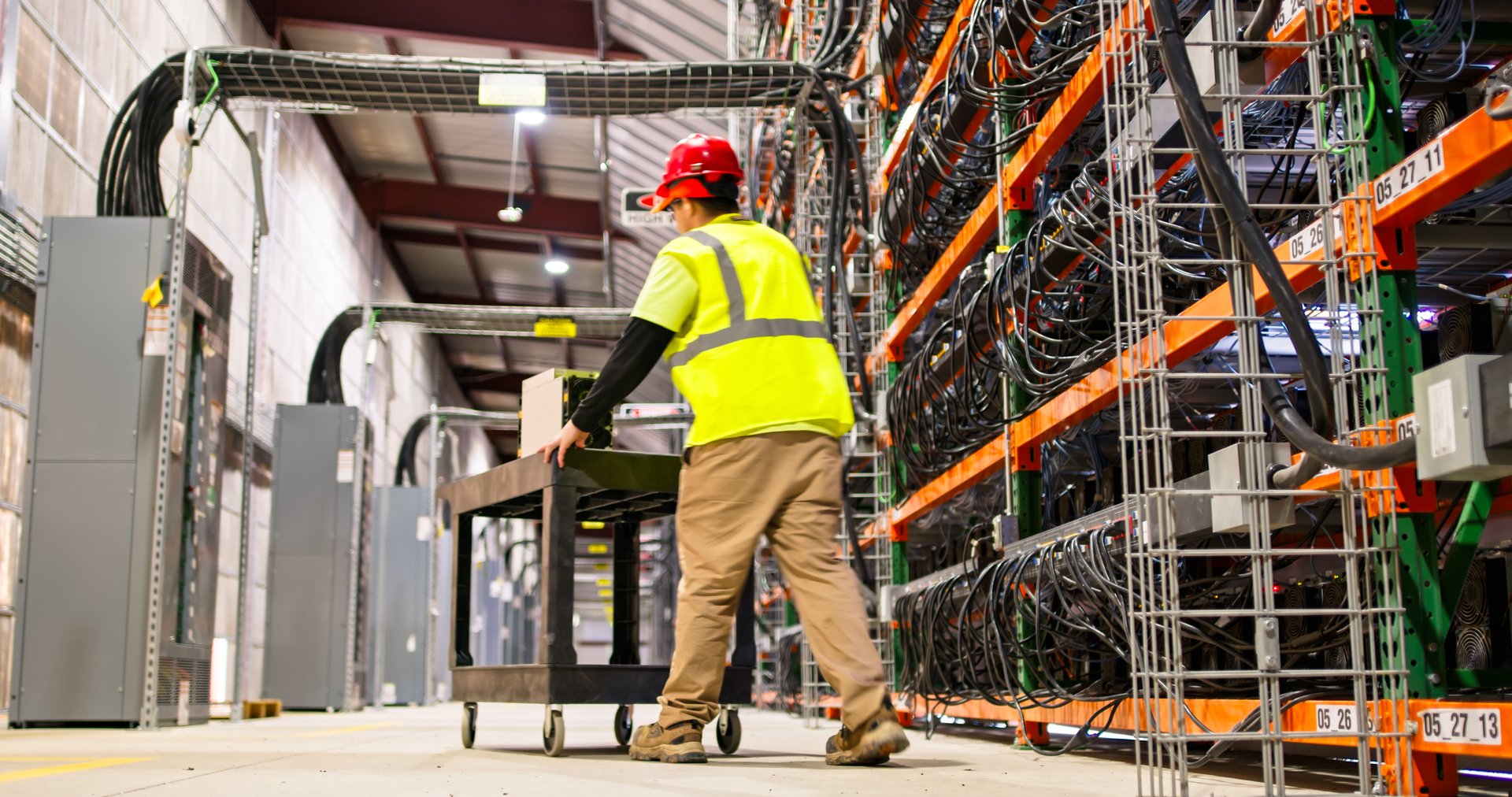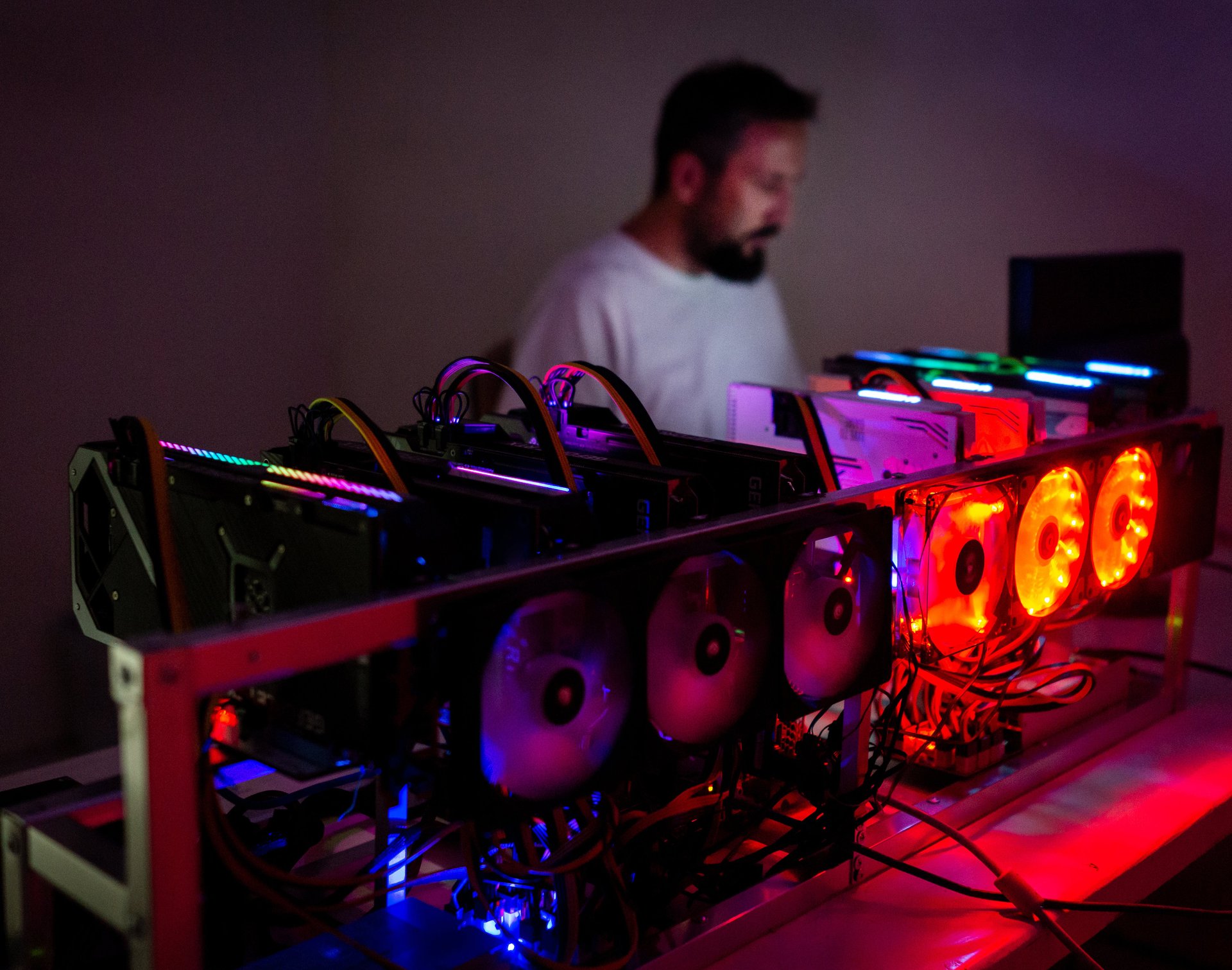Bitcoin miners are scooping up their rivals to survive the Bitcoin halving
Several Bitcoin mining companies have teamed up to create Bitcoin by pooling their resources, technology, and expertise

Bitcoin mining companies have been acquiring their competitors for quite some time, and this trend has intensified following the Bitcoin halving—a technical event that occurs every four years to ensure scarcity and protect against inflation. This year, the halving reduced mining rewards from 6.25 bitcoin to 3.125, making it more difficult for miners to remain competitive and profitable.
Rob Chang, CEO of Gryphon Digital Mining, acknowledges that Bitcoin halving has significantly affected the mining landscape by reducing block rewards, directly impacting profitability. However, he notes that the real challenge lies in the rising difficulty level and intensifying competition, which further compresses margins.
In an email to Quartz, he stated, “The companies that will come out on top are those that run efficient operations and have access to low-cost power.”
The decrease in rewards has coincided with a lackluster performance in Bitcoin’s price. Despite expectations of significant gains, Bitcoin has struggled to maintain its momentum since reaching its peak of $73,737 in March, just before the halving. Currently, it is struggling even to cross the $60,000 threshold.
In light of Bitcoin’s sluggish performance, let’s delve into the recent acquisition history of Bitcoin mining companies.
2 / 6
Bitfarms

On August 21, 2024, Canada-based Bitcoin mining firm Bitfarms announced the acquisition of Stronghold Digital Mining in a stock deal valued at approximately $125 million. This acquisition is intended to enhance Bitfarms’ mining capacity by securing additional power access, as Stronghold operates its own power generation facilities and maintains connections to local grids.
Bitfarms currently has a market capitalization of over $1 billion.
3 / 6
Riot Platforms

By acquiring Kentucky-based Block Mining for $92.5 million in July 2024, Riot Platforms significantly expanded its geographic reach beyond Texas. Riot, the third-largest Bitcoin mining firm on Wall Street, also attempted a hostile takeover of Bitfarms. Riot Platforms increased its stake in Bitfarms to nearly 20%, disclosing the purchase of an additional 1 million Bitfarm shares and ousting key leaders from the Canadian mining company.
Riot Platforms currently has a market capitalization of over $2.5 billion.
4 / 6
Hut 8

In November 2023, Hut 8 merged with US Bitcoin Corp to enhance geographic diversity and expand revenue streams. Following the merger, Hut 8 implemented a restructuring program to reduce costs and boost cash flow.
Currently, Hut 8 has an approximately $1 billion market capitalization.
5 / 6
Marathon Digital Holdings

In March 2024, Marathon Digital Holdings, one of the world’s largest publicly traded Bitcoin miners and a key player in the Bitcoin ecosystem, acquired Applied Digital Corporation’s Bitcoin mining data center in Garden City, Texas. The facility, with a nameplate capacity of 200 megawatts, was purchased for $87.3 million.
This transaction marks Marathon’s second major acquisition of Bitcoin mining data centers, raising the share of self-owned and operated megawatts in its portfolio to 54%. With a market capitalization exceeding $5 billion, Marathon Digital Holdings is the largest Bitcoin mining company in the U.S.
6 / 6
Core Scientific

Core Scientific had originally gone public in mid-2021 through a $4.3 billion merger with Power & Digital Infrastructure Acquisition Corp. It filed for bankruptcy in December 2022 as the FTX collpase became contagious. However, it successfully raised $55 million in an equity offering and emerged from Chapter 11.
In June 2024, Nvidia-backed cloud provider CoreWeave made an all-cash acquisition offer to buy Core Scientific, valuing the company at $1.02 billion, or $5.75 per share. Core Scientific rejected the offer, stating that it undervalued the company.
Core Scientific has a market capitalization of over $2.6 billion.
